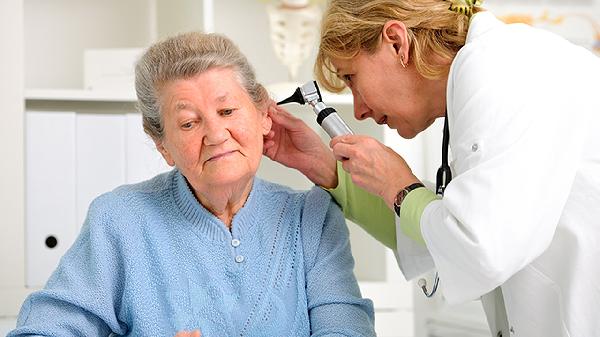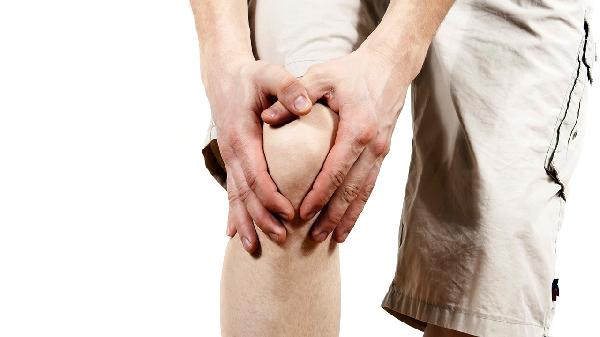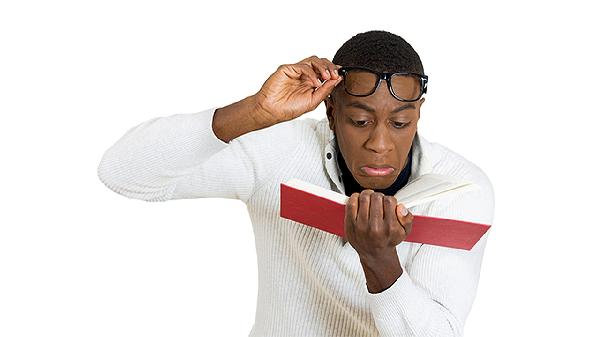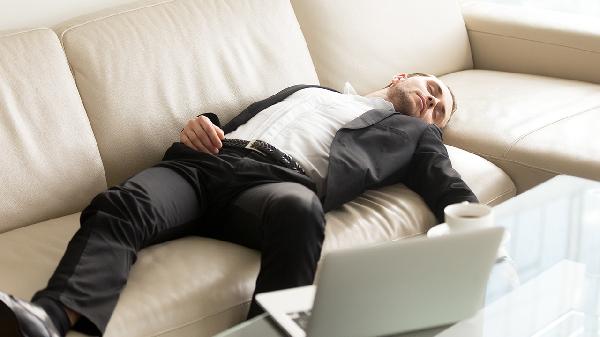I'm not sure if everyone still remembers the popular TV series "All Is Well" from last year. The character Su Daqiang, played by veteran actor Ni Dahong, left a deep impression on many. In the show, one particular detail that stuck with me was how Su Daqiang often had to rush to the bathroom. As people age, the frequency of urination tends to increase. "Just went to the bathroom five minutes ago, but now I feel like I can't hold it anymore." This situation is quite common among the elderly. Frequent nighttime urination can also easily disrupt their sleep. So, how many times is considered normal for a 50-year-old to urinate at night?
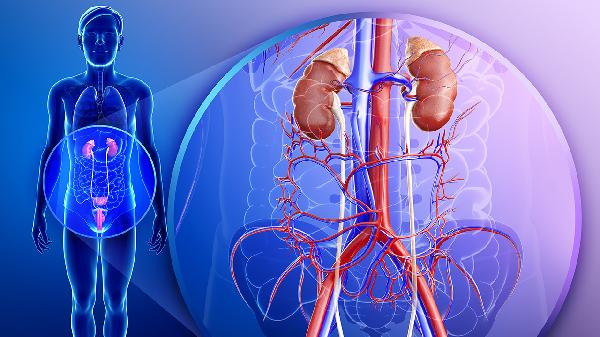
Many elderly people don’t pay much attention to their urination habits. Even if they have to get up multiple times at night, they might think it’s normal and not something to worry about.
However, it’s precisely because they don’t take it seriously that their condition might worsen. Frequent nighttime urination could be a sign of underlying health issues becoming more severe, such as nocturnal polyuria, diabetes, prostate hyperplasia, or urinary tract infections. Therefore, it’s crucial to take frequent nighttime urination seriously.
Elders can also assess whether they have frequent nighttime urination by keeping a simple record of their urination habits, such as daily water intake, frequency of urination, and timing. If, under normal water intake, they urinate more than twice at night with a volume exceeding 500ml, it’s considered frequent nighttime urination.
What are the causes of frequent nighttime urination?
In fact, frequent nighttime urination is one of the most common conditions among the elderly, especially when they have poor sleep quality. The frequency of nighttime urination tends to increase with age, and this isn’t without reason. It’s often related to the following factors:
1. Excessive water intake at night
As people age, their bodily functions decline. If an elderly person drinks too much water or consumes too many water-rich foods at night, such as porridge, soup, or sweet soups, it can lead to frequent trips to the bathroom.
2. Bladder issues
The bladder is the organ that stores urine. If there are problems with the bladder, such as prostate hyperplasia, bladder infections, or bladder stones, it can easily lead to frequent nighttime urination.
3. Other medical conditions
When elderly people suffer from conditions like renal insufficiency, congestive heart failure, estrogen deficiency, lower limb edema, or hypoalbuminemia, it can reduce the secretion of nighttime antidiuretic hormone, leading to frequent urination.
